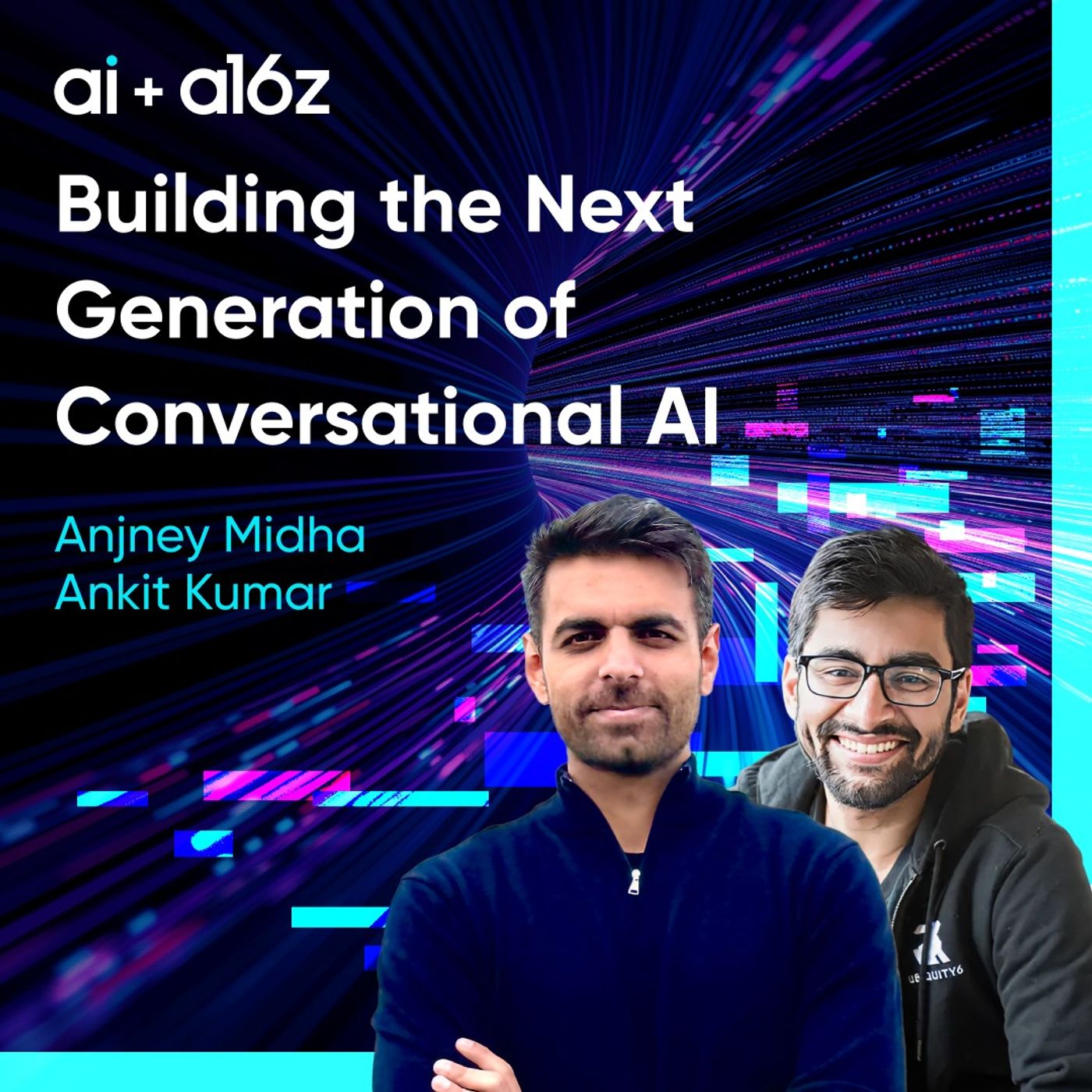
Benchmarking AI Agents on Full-Stack Coding
- The emergence of AI coding agents has revolutionized full stack app development, enabling them to handle both front-end and back-end tasks with remarkable efficiency.
- Convex's unique approach to end-to-end type safety allows AI coding agents to autonomously correct errors and achieve better performance compared to other platforms like Supabase and FastAPI.
- User feedback highlights that combining AI with Convex significantly enhances the development process, leading to higher autonomy and faster task completion for building full stack applications.

Automating Developer Email with MCP and Al Agents
- Claude's significant update, the mCP (model context protocol), transforms it into an API capable of running its own servers, greatly simplifying the process of building AI agents and integrating them with external tools.
- The potential of multi-step AI agents is demonstrated, showing how users can execute complex tasks like coding and web development with a single prompt, marking a shift in capabilities for non-programmers.
- The discussion emphasizes the urgency of engaging with AI technologies, as those who adapt will significantly outpace others in productivity and innovation, highlighting a probable future where teams of AI agents assist individuals in their work.

The Future of Digital Workers
- The concept of hybrid teams will redefine the future of work by allowing humans to focus on high-value tasks while digital workers handle repetitive and unpredictable tasks.
- Current discussions about the future of work often focus on where employees work, but the more crucial aspects are the how and who regarding task execution by digital workers.
- Roles in HR and other functions are evolving significantly, with new positions such as chatbot content managers and data scientists emerging, underscoring the shift towards a more hybrid workforce.

Building the Next Generation of Conversational AI
-
The Sesame project emphasizes naturalness in user interaction by focusing on creating conversational AI that feels more like talking to a human, rather than achieving top performance on traditional AI benchmarks.
-
The integration of contextual understanding and speech generation models aims to enhance the AI's ability to comprehend emotional tones and nuances, which are critical for a more lifelike and engaging user experience.
-
Sesame views its technology as a new interface for computing, prioritizing personality and user engagement over mere functionality, thereby challenging traditional perceptions of AI applications as purely utility-focused.

Agent Experience: Building an Open Web for the AI Era
-
The discussion highlighted the evolving concept of Agent Experience (AX), focusing on how web developers must adapt to utilize AI and agents that significantly influence the way we create web experiences and applications.
-
The conversation delved into the notion of developer experience (DX) and how it shapes the architecture of the web; ensuring that builders can effectively harness new technologies will determine the future success of web development.
-
A key point raised was the acceleration of content and code creation due to AI, which not only enhances productivity but also presents an opportunity for creative innovations on the web, pushing boundaries beyond what was previously possible.

What DeepSeek Means for Cybersecurity
- Deep Seek R1 is a new competitor in AI that offers significant performance improvements over existing models like ChatGPT, providing a cost-effective solution for various programming tasks.
- The emergence of Deep Seek R1 lowers the barrier to entry for cyber adversaries, increasing the accessibility of powerful tools that could potentially be used for unethical activities.
- The availability of lightweight AI models like Deep Seek R1 raises serious concerns for cyber security, highlighting the need for more robust defenses against increasingly sophisticated threats.

Agents, Lawyers, and LLMs
- Harvey specializes in domain-specific AI for legal and professional services, focusing on automating tasks like draft generation and providing strategic advice through various workflows in transactional and litigation work.
- The emergence of generative AI tools, especially with the launch of tools like ChatGPT, has compelled law firms to adopt technology more rapidly due to increased competitive pressure and client demands for enhanced efficiency.
- Harvey employs a collaborative AI model where human lawyers interact with the AI to provide context and feedback, ensuring that the technology complements their workflows rather than fully automating them.

Reasoning Models Are Remaking Professional Services
- The discussion emphasizes the pain points in financial services jobs where highly skilled individuals are often burdened by tedious, repetitive tasks, prompting the need for innovative solutions to improve efficiency and satisfaction.
- The podcast presents the concept of scaling laws in AI, arguing that as more data and computational power are utilized, models will continuously improve, along with the potential for innovative applications like Heia to significantly enhance workflows.
- The conversation highlights the importance of human-AI collaboration, asserting that the future of finance will rely on empowering humans through AI tools that automate mundane tasks, allowing professionals to focus on more analytical and creative aspects of their roles.